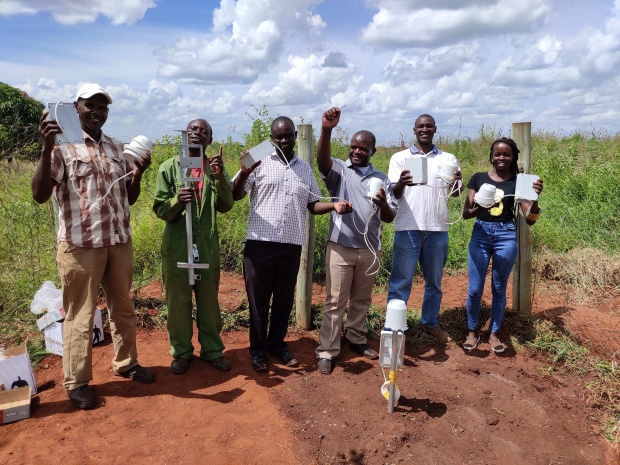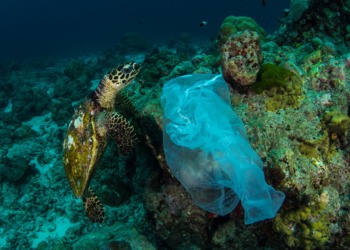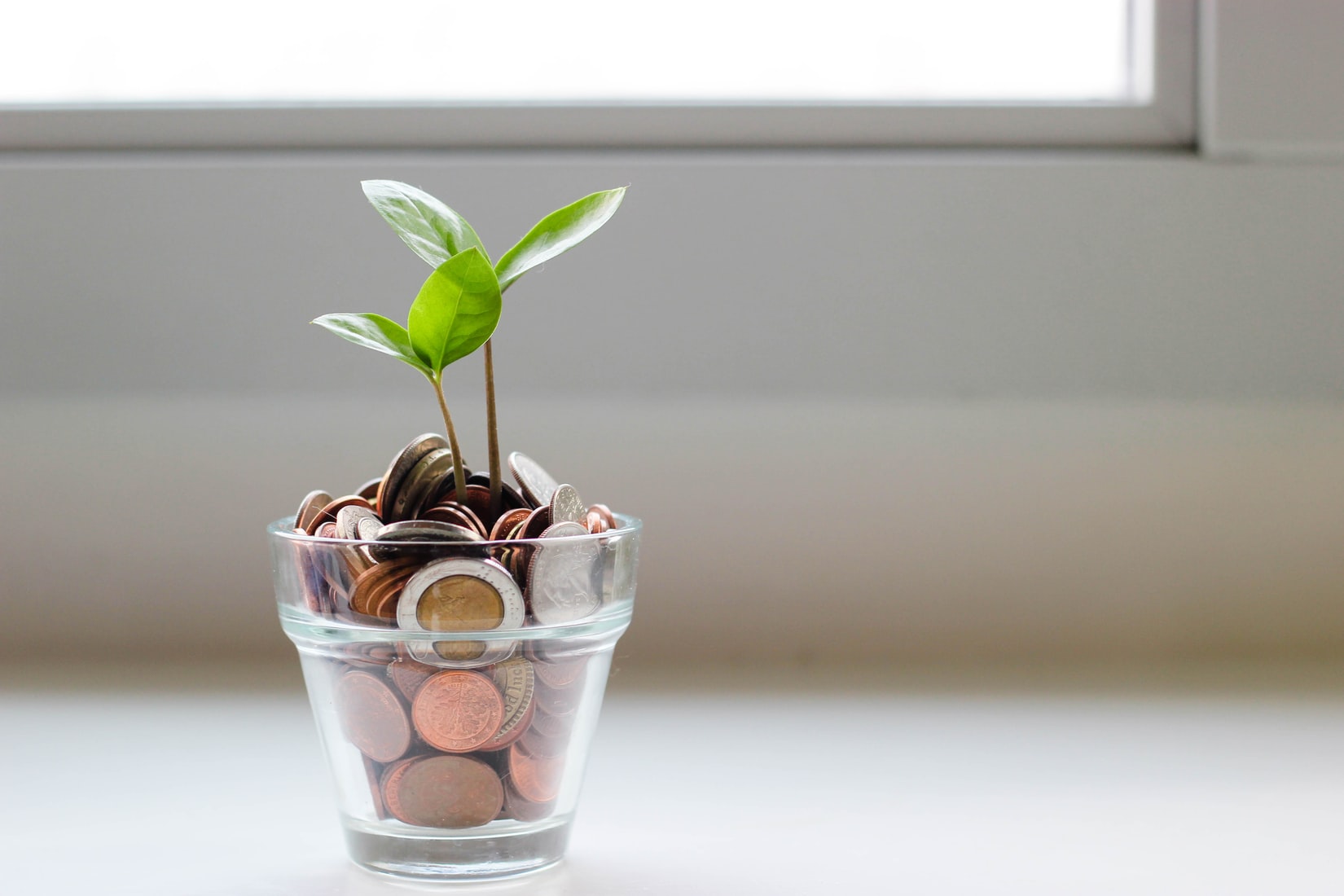In the cover image: Installation of cheap, recyclable IoT rain gauges prototypes conceived by Manobi Africa and Viveris to reduce basis risk, insurance premiums and interest rates on smallholder credit. Photo: P.C.S. Traore (ICRISAT/Manobi Africa)
Simple rain gauges are positioned to be a gamechanger in helping farmers manage agricultural risk.
In the last few hours before COIVD-19 locked the Consultive Group on International Agricultural Research (CGIAR) centers staff into remote work, a handful of International Crops Research Institute for the Semi-Arid Tropics (ICRISAT) researchers traveled to Kenya’s Makueni County with a dozen seemingly innocuous devices, roughly packed inside plain A4 paper boxes. Virtually unnoticed, they were on a mission to plant what they hope will become a game-changer in agricultural risk management: a set of unpretentious rain gauges.
Outwardly old-fashioned if not outright obsolete, these minimalistic receptacles the size of a large mug however hid a powerful stunt: Internet-Of-Things (IoT) at a very affordable price. And this is significant.
Related topics: Impact of COVID-19 on Ghana’s Agriculture – A Pandemic-Free Future – Enhancing capacity for resilient agriculture planning
The number of operational ground observation stations decreased by 85% over the past 5 decades in Africa[1].
This is a big issue, given the continent’s dependence on rainfed agriculture and the considerable spatial and temporal heterogeneity of tropical rainfall. Promising approaches that combine satellite rainfall estimates with scarce ground data have started addressing the problem to provide near real-time, continuous spatial and temporal coverage of weather conditions. Coopted by over 14 national hydrological and meteorological services (NHMS) across Africa, the Enhancing National Climate Services (ENACTS) initiative is one such successful example of how the gridded data revolution can improve early warning systems and climate outlooks from regional to sub-national scales. Being deployed in Mali, Ethiopia and Ghana, the CCAFS Regional Agricultural Forecasting Tool (CRAFT) is yet another innovation to improve the skill, lead time and spatialization of seasonal production forecasts and food security outlooks, down to the district level.
The ubiquitous big data craze meanwhile lures many aspiring businesses into targeting smallholder farmers with ambitious agronomic advisory services, based likewise on satellite rainfall estimates or other elaborate combinations of remote observing systems and model outputs, some of which are offered as services by the private sector. Claiming to reach farmers by the hundreds of thousands or more, e.g. through SMS and community radios delivering tailored advice on optimal sowing dates and fertilization rates, such services offer rewarding dissemination metrics that tick all the boxes on benevolent donor dashboards. Yet, the relevance of these services for farm-level decision making, their uptake by farmers and impact on rural livelihoods remain euphemistically elusive.
The problem is that we are so consumed with fashionable technologies that we tend to lose sight of the actual value of the data they generate, and more generally of data fitness for purpose. Satellite rainfall estimates are notoriously unreliable at quantifying the highly localized rainfall events (and dry conditions in-between) that are meaningful for farm-level decision making at the tails of the growing season, when rainfall is most heterogeneous. They are equally known for systematic underestimation of high rainfall amounts, another significant peril to crops and rural dwellers. The disruptive innovation of measuring rainfall through mobile signal attenuation is still a distant prospect in a continent where mobile tower density is one order of magnitude lower than elsewhere. Restocking NHMS with automatic weather stations is useful but under no realistic scenario will it ever suffice in the medium term to yield skillful rainfall estimates for informed farm-level decisions at scale. Besides, it is rare that such publicly collected data becomes available in the spatial and temporal resolution it is needed for decision-making or for the provision of third-party services.
Enter cheap, recyclable IoT rain gauges.
A brainchild concept of Manobi Africa targeting an industrial manufacturing cost of $50 apiece and purposefully limited to the sole measurement of daily rainfall as the single most important agro-meteorological variable under the Tropics, these no-frills gadgets should become a standard staple as part of the suite of inputs needed to de-risk agricultural investments. Leveraging the steady penetration of Low Power Wide Area Networking (LPWAN) technologies such as Narrowband IoT (NB-IoT) and Long Range (LoRa), they could provide the next building block of IoT mainstreaming in rural smallholder communities.
Of course, the purists may argue that such layman devices don’t meet rainfall measurement accuracy standards. That is true, but irrelevant. Because farmers and agricultural stakeholders don’t need accurate measurements 30km away. They need robust measurements that are just good enough, but on their farm.
Of course, it is highly doubtful a smallholder farmer would even consider paying for an IoT rain gauge anytime soon. But that’s a non-event. Because the bank will pay for it. And will lower interest rates on the farmer’s loan.
Acknowledgements: NVPR Ganga Rao, E. Manyasa, V. Furaha, O. Ndolo, J. Ombaki, M. Onyancha, P. Sheunda.
For more details: p.s.traore@cgiar.org / pierre.sibiry.traore@manobi.com
The development and production of IoT rain gauges prototypes reported here is funded by the European Commission’s Horizon 2020 research and innovation program under grant agreement No 776309 (NADiRA – Nurturing Africa’s Digital Revolution for Agriculture) and supported by the CGIAR Research Program on Climate Change, Agriculture and Food Security (CCAFS) project on Capacitating African Stakeholders with Climate Advisories and Insurance Development (CASCAID). Their exploitation is facilitated by the International Fund for Agricultural Development (IFAD) under grant number 2000002575, implemented by Alliance Bioversity-CIAT with AR4D support from the European Commission for the year 2019. IoT rain gauges and other IoT sensors are deployed as integral components of agCelerant value chain orchestrators and data ecosystems.
The opinions expressed in this publication are those of the authors. They do not purport to reflect the official opinions or views of ICRISAT, Manobi Africa, Viveris or cited donor agencies.
[1] Dinku, T., 2019. Challenges with availability and quality of climate data in Africa. In Extreme Hydrology and Climate Variability (pp. 71-80). Elsevier.
About the author: Pierre C. Sibiry Traoré is the Director, R&D Digital Agriculture at MANOBI Africa & Principal In-Business Researcher at ICRISAT, Steven Ndung’u is a Scientific Officer at ICRISAT, Rachael Kyalo is a Data Research Analyst at MANOBI Africa, Daniel Annerose is the Managing Director at MANOBI Africa, Anthony Whitbread is the Research Program Director – Innovation Systems for the Drylands at ICRISAT and Country Representative – Tanzania, Ramadjita Tabo is the Regional & Research Program Director for West and Central Africa at ICRISAT.
EDITOR’S NOTE: The opinions expressed here by Impakter.com columnists are their own, not those of Impakter.com. Photo Credit: P.C.S. Traore (ICRISAT/Manobi Africa)












